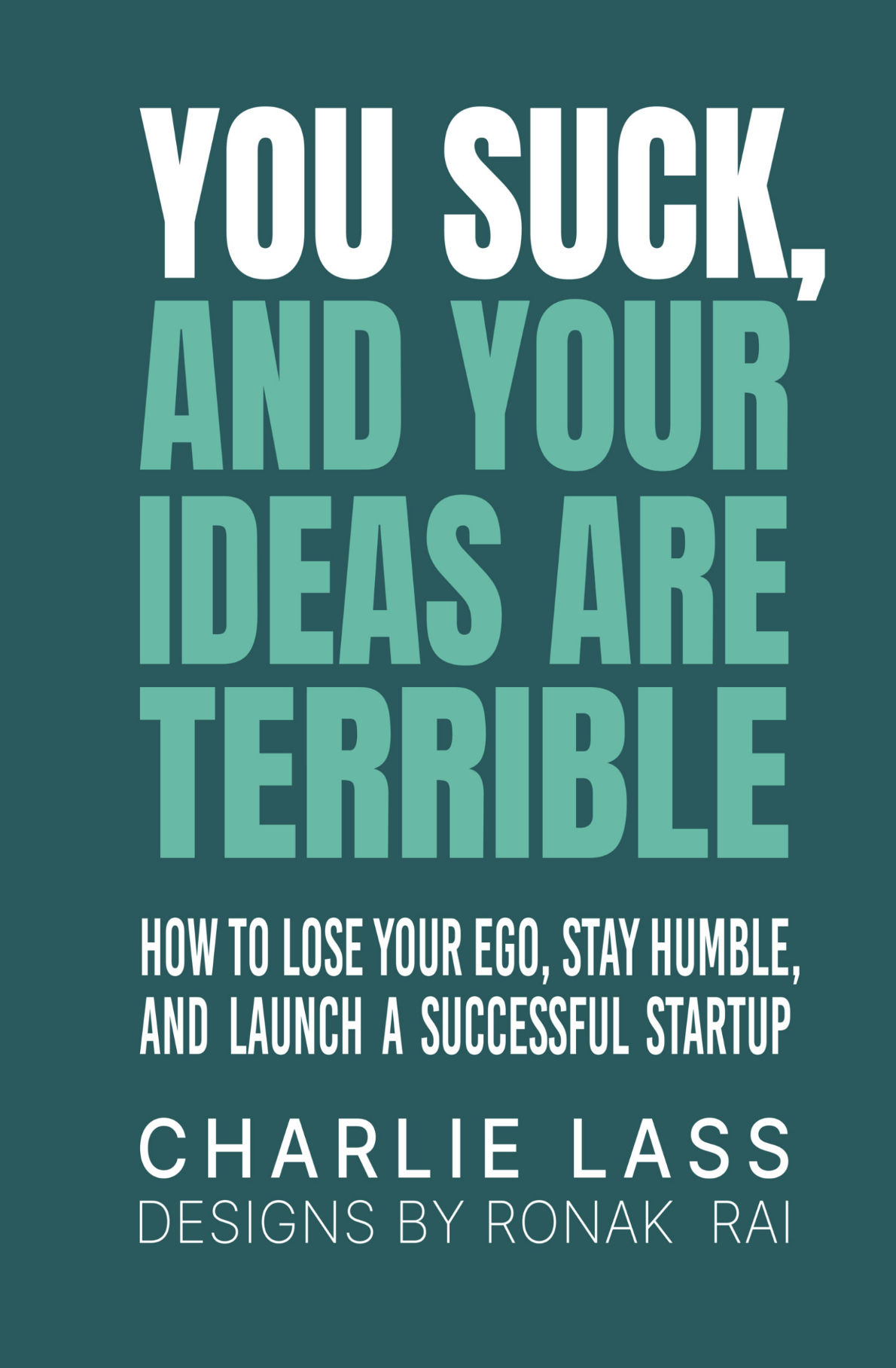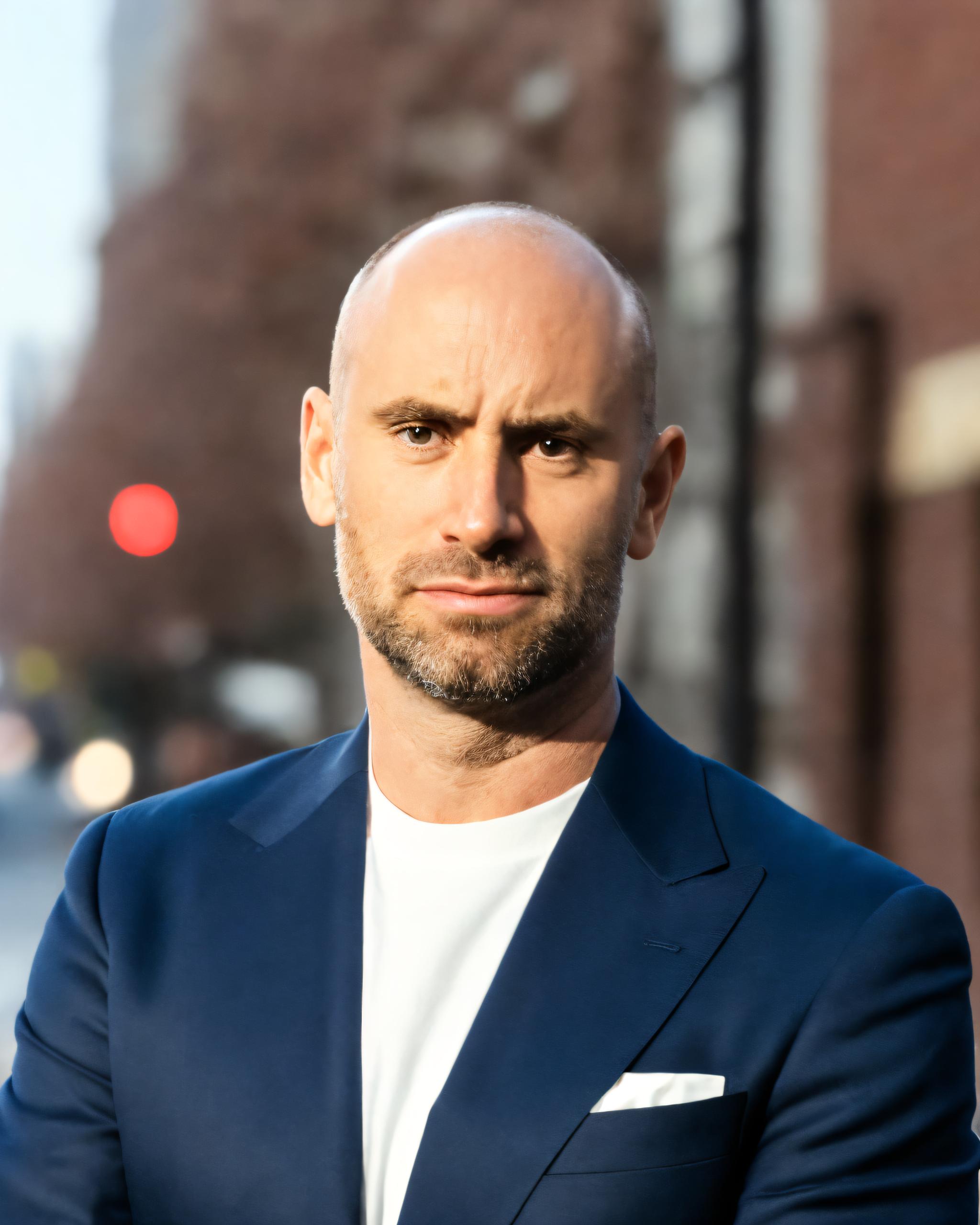We caught up with the brilliant and insightful Charlie Lass a few weeks ago and have shared our conversation below.
Charlie, thanks for joining us, excited to have you contributing your stories and insights. What’s the backstory behind how you came up with the idea for your business?
The idea for my business came from a place of personal struggle and realization. I’ve been in the entrepreneurial world for years, but it wasn’t until I hit a breaking point—a full-on nervous breakdown—that I truly saw the toll it was taking on me. The constant pressure, the unrelenting stress, and the feeling of having to keep it all together nearly pushed me to the edge. For a long time, I tried to cope, but eventually, I reached a place where I simply couldn’t anymore. That forced me to step back and question everything: Why was I doing this? Was it worth it?
Through this experience, I realized that so many entrepreneurs face similar struggles, but few talk about it. The stories we see online tend to be polished, highlighting only the wins, creating unrealistic expectations. I knew I couldn’t be the only one feeling the weight of this unspoken pressure. So I started thinking, “What if there was a way to help other entrepreneurs avoid this? What if there was a place where we could be real about the challenges, not just the highlights?”
That’s when I decided to create a business rooted in transparency and mental health. I wanted to challenge the “get-rich-quick” narratives and offer real, actionable advice for entrepreneurs. I founded Humble.Inc to put humility back into the process, with a focus on supporting entrepreneurs’ mental health while providing genuine guidance. This was my way of addressing a critical need that few others were tackling, creating a platform where people could find support and avoid the same pitfalls I’d experienced.
This idea excited me because it felt both necessary and personal. I knew that if I could provide even one person with the tools to keep going and stay grounded, it would be worth it. I believe in what I’m building because it’s more than just a business—it’s a way to help others avoid the silent struggles that nearly ended my own journey.
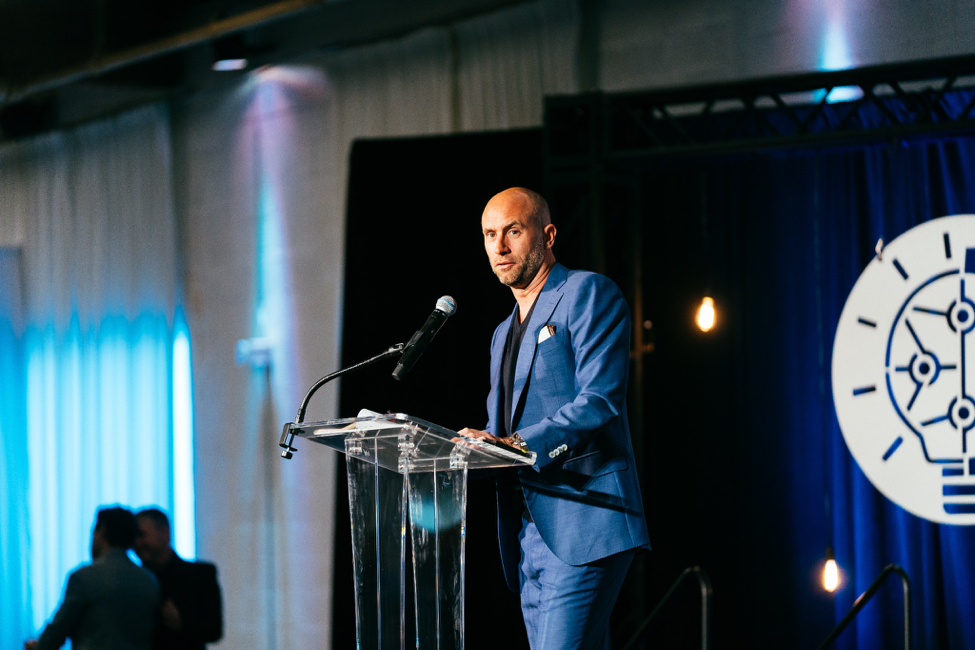
Great, appreciate you sharing that with us. Before we ask you to share more of your insights, can you take a moment to introduce yourself and how you got to where you are today to our readers.
I’ve been an entrepreneur for as long as I can remember, always drawn to the challenge and excitement of building something from the ground up. Over the years, I’ve started multiple businesses and experienced nearly every high and low that comes with the territory, from exhilaration and pride to burnout and breakdown. Through it all, I’ve come to understand just how taxing entrepreneurship can be on one’s mental health—a reality that rarely gets the attention it deserves.
Today, my work centers around creating spaces where entrepreneurs can find the support and resources they need without the pressure to “fake it till they make it.” With Humble.Inc, my aim is to bring transparency and authenticity back into the world of business building. Our platform provides a curated selection of honest, useful resources designed to guide entrepreneurs through the realities of their journeys. We emphasize mental health, self-awareness, and resilience, countering the trend of superficial success stories by focusing on what it truly takes to sustain a fulfilling entrepreneurial path.
What sets Humble.Inc apart is our commitment to being real. I want to give entrepreneurs a space where they can see the full picture, without the rose-colored glasses, and where mental wellness is prioritized alongside business growth. By sharing candid advice and creating content that speaks to the struggles as well as the successes, we help entrepreneurs avoid burnout, build stronger foundations, and develop a sustainable approach to business. I’m proud to have created a platform that speaks to this need, especially in an industry that often glamorizes hustle over health.
For anyone just discovering Humble.Inc, I want them to know that they don’t have to do it alone, nor do they need to fit into a glossy version of entrepreneurship. I’ve spent years learning and unlearning, and I’ve built this platform to help others sidestep some of the pitfalls I encountered. My hope is that Humble.Inc becomes a trusted source of support, inspiration, and guidance for anyone on this journey, especially those who value growth that’s grounded in purpose and humility.
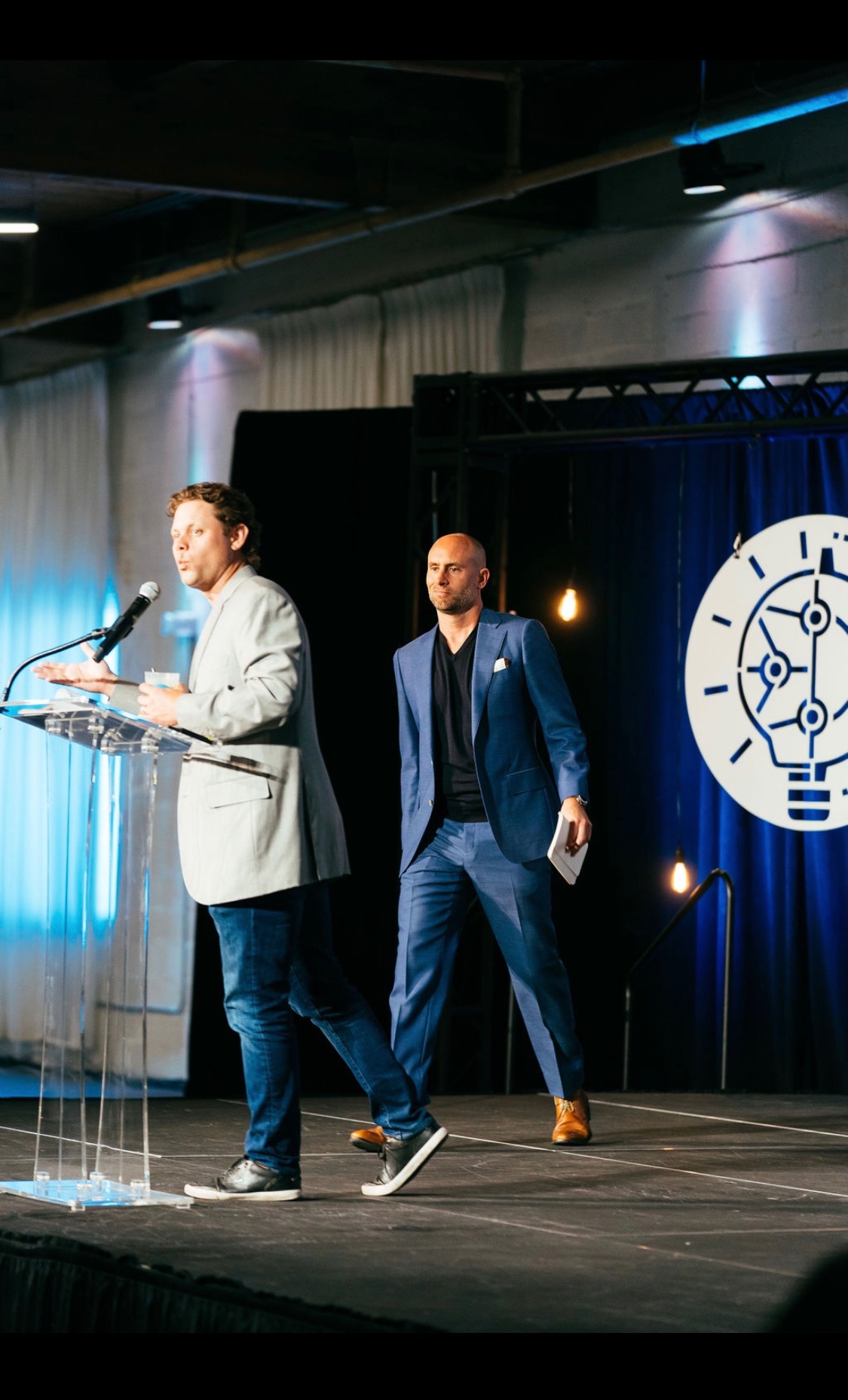
Conversations about M&A are often focused on multibillion dollar transactions – but M&A can be an important part of a small or medium business owner’s journey. We’d love to hear about your experience with selling businesses.
Yes, I have sold a business, and it was an eye-opening experience that shattered some of the myths around what it means to “make an exit.” When we hear about exits, they’re often portrayed as a glamorous endpoint—the ultimate achievement of an entrepreneur’s journey. But the reality of selling a business is far more nuanced, and it doesn’t always mean you’ll be set for life or that you’ll feel the sense of “completion” you might expect.
One of the biggest lessons I learned is that preparing for an exit isn’t something you do in the final year; it’s a process that begins the day you start building. Potential buyers want to see that you have systems in place, a stable customer base, and a business that can thrive independently of you. This requires building a business that isn’t solely dependent on your presence and skills—a challenging task for many entrepreneurs who’ve poured their personalities into their companies.
Another lesson is about the emotional side of the exit. Selling a business can feel like you’re parting with a piece of yourself, especially if it’s something you’ve built from scratch. Many entrepreneurs, myself included, experience a sense of loss or uncertainty post-sale. It’s a reminder that an exit shouldn’t be seen as “the end” but rather a transition. Thinking in terms of legacy and the values you want the business to carry forward can help make that transition smoother.
Finally. The myth of the exit. It’s not one halycon moment. Entrepreneurs are like artists and athletes. There’s always another painting in the back of your mind or another race to run. Having an exit doesn’t mean you’re about to stop and there’s always something about it you’ll want to change.
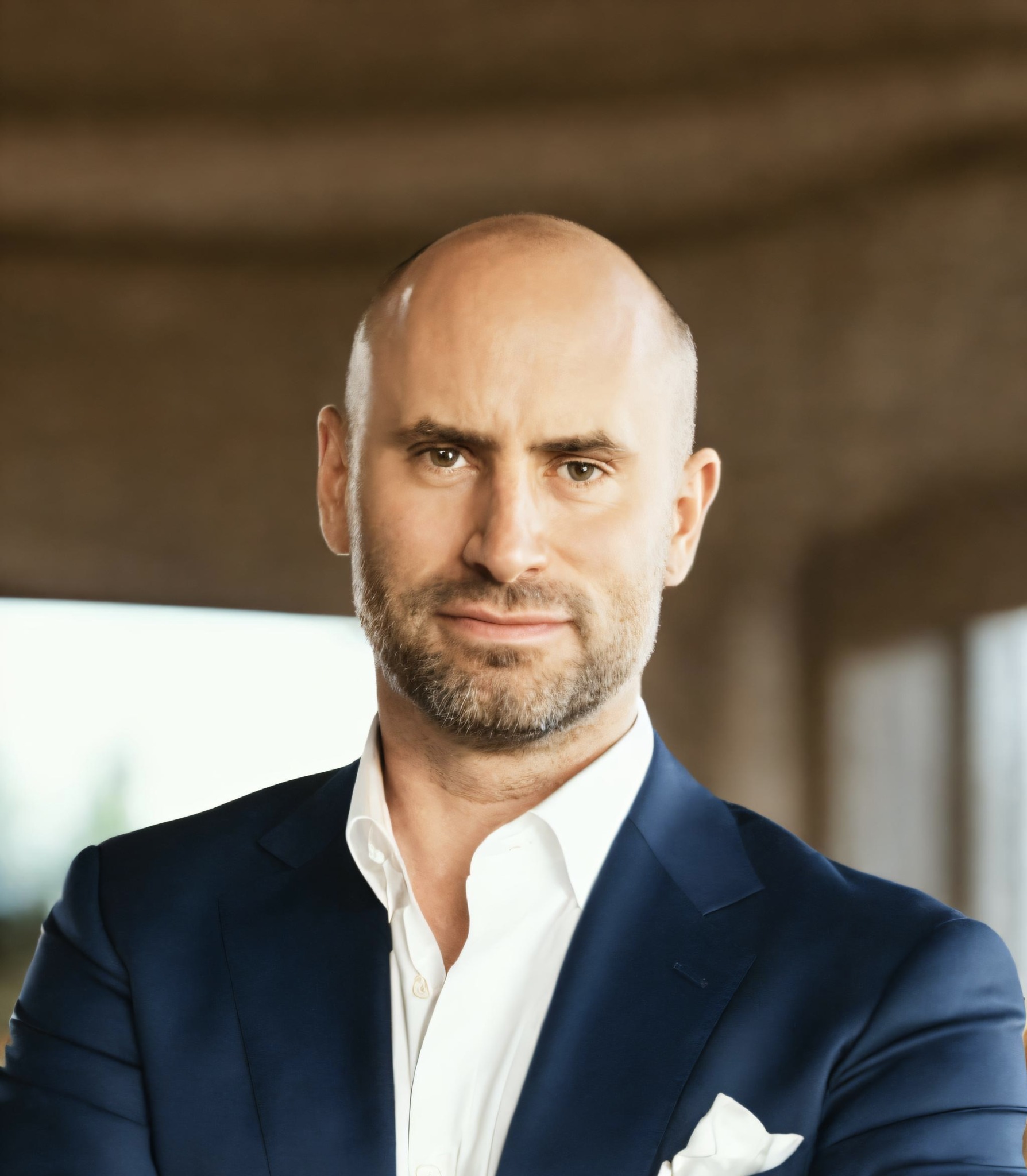
Can you share a story from your journey that illustrates your resilience?
Foundation of Humble in general.
Contact Info:
- Website: www.charlielass.com, www.humble.inc
- Linkedin: https://www.linkedin.com/in/charlielass

